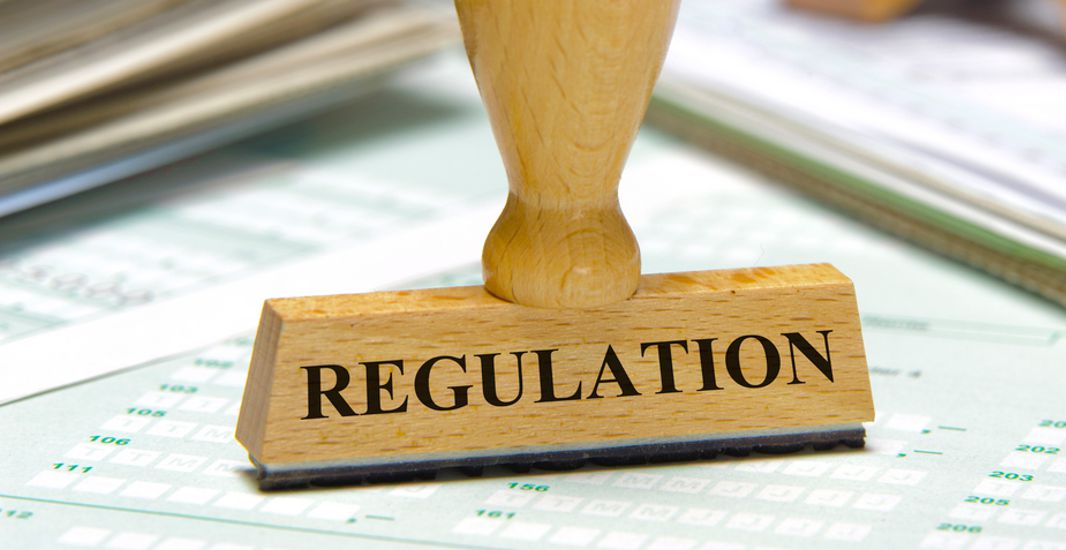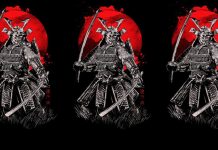“Whether prompted by concerns of consumer protection, or opinions regarding instructor competency, governmental attempts to regulate martial arts are increasing.
A.T.A.M.A. believes that the issue cannot be ignored, and is best addressed through a comprehensive system of self-government dedicated to enhancing the level of integrity and respect accorded to the martial arts through a valid, coordinated teacher certification program.” ~ Owen Gallagher
New Jersey’s Senate Bill 1930 (December 14, 2000, version), requires criminal history record background checks for all martial arts instructors. “This bill is designed to protect children from being victimized at the hands of unscrupulous martial arts instructors with criminal pasts by requiring criminal history record background checks of martial arts instructors.”
A “martial arts instructor” is defined by the bill as any person who provides instruction or training in the martial arts in a martial arts academy. A “martial arts academy” is defined as a private club, center, dojo, facility, gym, institute, school, studio or similar entity. The bill defines “martial arts” as several arts of self-defense or combat, including, but not limited to, aikado, jiu-jitsu, judo, karate, kung fu and taekwondo.
Persons subject to the criminal history record background checks are to be certified by the director as qualified to serve in their positions in the academy if the background check indicates that the person has not been convicted in New Jersey or another jurisdiction of a crime or disorderly offense:
- involving danger to another person, such as criminal homicide, assault, reckless endangerment, terroristic threats, stalking, kidnapping, sexual offenses and robbery;
- against the family, children or incompetents, the elderly or the disabled, willful nonsupport, unlawful adoption or domestic violence;
- involving theft; and
- involving a controlled dangerous substance. The prospective or current instructor of martial arts shall bear the costs associated with conducting a criminal history record background check.
In determining whether a person has been rehabilitated, the director is to consider:
- the nature and responsibility of the position which the convicted person would hold or has held;
- the nature and seriousness of the offense committed;
- the circumstances under which the offense occurred;
- the date of the offense;
- the age of the person when the offense was committed;
- whether the offense was an isolated or repeated incident;
- any social conditions which may have contributed to the offense; and
- any evidence of rehabilitation, including good conduct in the community, counseling, psychological or psychiatric treatment received, acquisition of additional academic or vocational schooling, successful participation in correctional work-release programs or the recommendation of those who have had the person under their supervision.
A companion measure, New Jersey Assembly Bill 3040 (December 11, 2000, version), creates a five member “New Jersey Commission on the Martial Arts” charged with “studying the martial arts and developing recommendations concerning the instruction of the various martial arts disciplines with particular emphasis on safety standards and standards for instruction. The commission is charged with studying issues of concern to consumers of martial arts instruction in order to meet consumer needs and to protect consumer interests.





